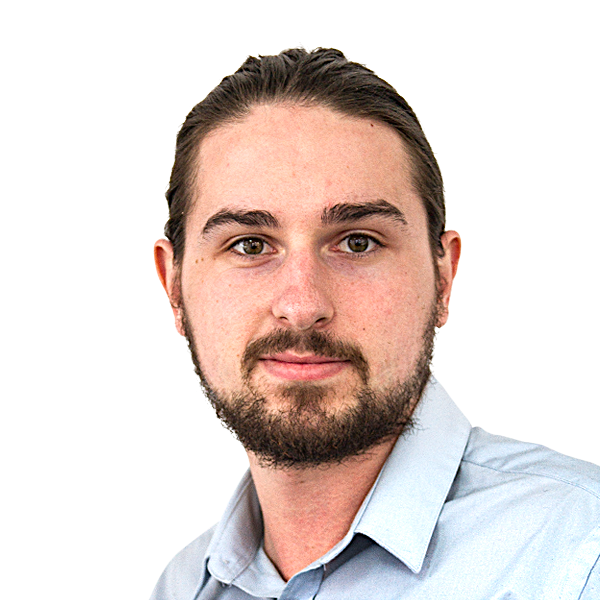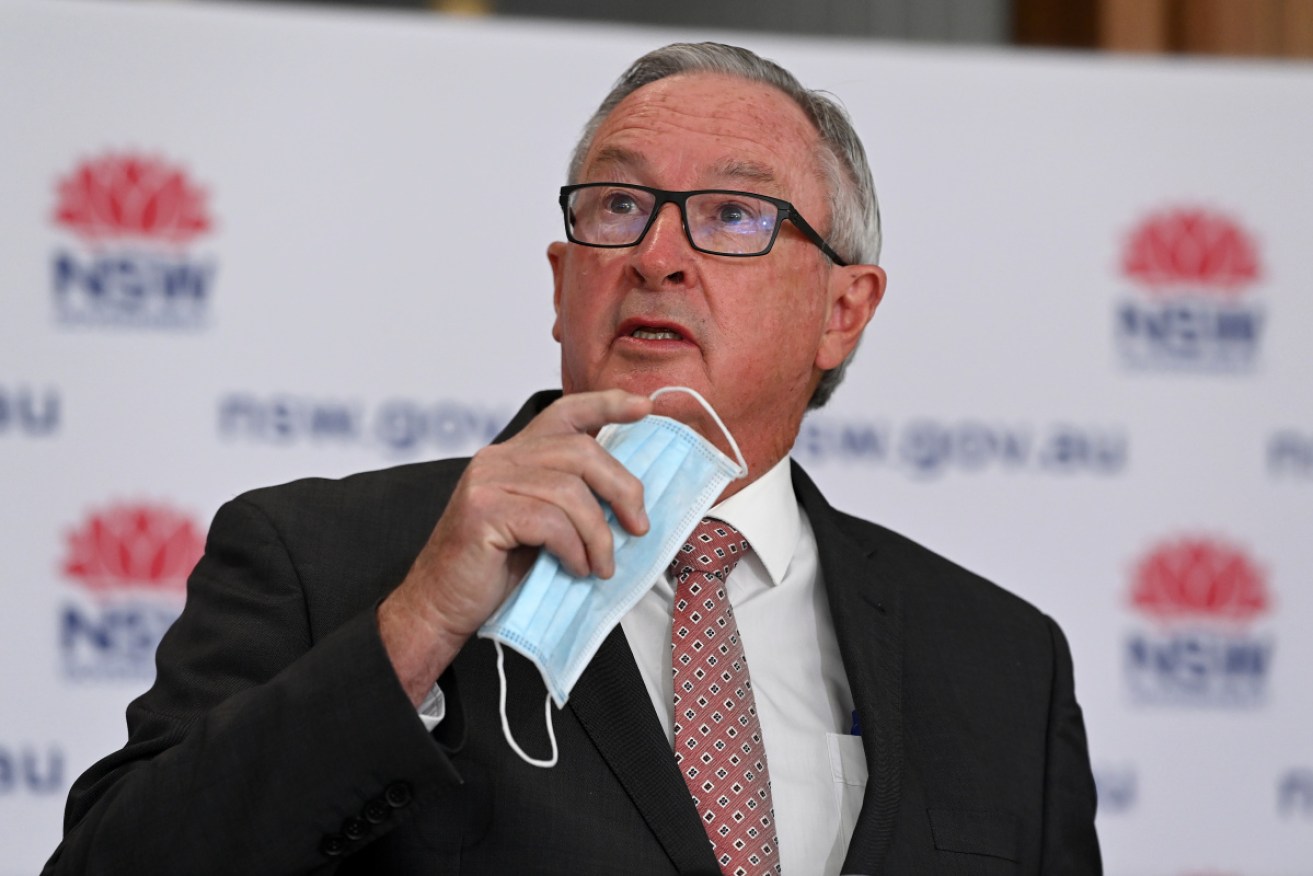‘Everybody will get Omicron’: Record daily cases spark dire warning and fresh restrictions


NSW wants Victoria to join it in a plan to reduce close contact isolation for more industries. Photo: AAP
Millions of Australians have woken up to tougher COVID restrictions on Monday amid warnings from the NSW Health Minister that everyone should expect to catch Omicron.
New South Wales residents have to use QR codes to check into hospitality venues and shops again and family gatherings in South Australia have been limited to a maximum of 10 people.
Hospitality venues in both states, meanwhile, are once again subject to COVID capacity limits.
NSW Health Minister Brad Hazzard warned on Sunday that everyone in Australia would likely catch the Omicron variant after cases in his state soared to fresh record highs.
NSW registered a record daily infection count of 6394 cases on Boxing Day – up from 6288 on Christmas Day – despite the state returning 40,000 fewer test results.
“Everyone in NSW is probably going to get Omicron at some stage. Everybody in Australia will get Omicron,” Mr Hazzard said.
“And if we’re all going to get Omicron, the best way to face it is when we have full vaccinations including our booster.”
On Sunday afternoon, St Vincent’s Hospital in Sydney also revealed it had mistakenly told more than 400 people infected with COVID-19 they had returned a negative test result.

NSW set a new record for COVID cases on Boxing Day despite reduced testing. Photo: AAP
From Monday, QR code check-ins will be compulsory at hospitality and retail venues in NSW, while pubs, clubs, restaurants and cafes will move to a one person per two square metres rule indoors.
Amid heightened community anxiety about potentially being forced into isolation over the holiday period, Mr Hazzard said it’s likely that all Australians will spend 10 days in isolation due to COVID over the next two or three years.
But he said early data suggests Omicron has milder symptoms than Delta and the state government may adjust its isolation requirements in light of that.
“Early evidence both internationally and here … is indicating that it’s nowhere near as severe, so on that basis we’re looking at how we reconfigure our approach,” he said.
‘Nervous’ time for hospitals sparks warning
Deakin University epidemiologist Catherine Bennett told The New Daily that the current case numbers in Victoria and NSW supported Mr Hazzard’s grim prediction, with late December proving a “nervous time” for hospitals.
“Hospitals are dealing with people coming in for any reason. And in Victoria, you know it’s something like two and a half people per 1000 in the population [who are] active cases,” Professor Bennett said.
“In NSW, it’s five people per 1000 in the population.
“And … you’re going to have two to five of them who have no symptoms that have COVID. And so you’ve got to manage them so they’re not infecting other people who might be more vulnerable.”
Meanwhile, the South Australian government tightened density limits and reduced family gathering sizes after the state posted a record 774 new infections on Boxing Day.

SA Premier Steven Marshall says new restrictions are needed to prevent daily COVID-19 infections rising into the thousands. Photo: AAP
As of Monday, indoor dining will be restricted to one person per four square metres and outdoor dining to one person per two square metres.
Family gatherings will be reduced from 30 people to 10, and gyms will be restricted to one person per seven square metres.
But interstate travellers will no longer be required to take a PCR test before arriving in SA, and have instead been advised to take a rapid antigen test after entering the state.
SA Premier Steven Marshall said the new restrictions were needed to ensure the Omicron wave did not overwhelm the state’s health system.
“It will overwhelm our health systems right across the country if we don’t take action,” Mr Marshall said on Sunday.
“We’ve got to swing into action to save lives.”
Testing capacity pushed to limits
The easing of testing requirements in South Australia came after interstate travellers this week reported having to wait up to eight hours for a test at sites in SA, NSW and Victoria.
University of Sydney epidemiologist Alexandra Martiniuk said testing requirements for travel were heaping pressure on a testing system that was already struggling to deal with higher demand due to rising case numbers and people wanting to get tested before attending large family gatherings.
Professor Martiniuk said stricter definitions for close contacts and more PCR tests for unvaccinated children would be particularly effective at easing congestion at testing sites.
It follows national cabinet’s promise last week to agree upon a new national definition for casual and close contacts within a fortnight.
Health Minister Greg Hunt and the Department of the Prime Minister and Cabinet declined to comment when TND asked for an update on the national definition on Sunday.
But Ms Martiniuk said introducing apps that notify Australians about waiting times at testing sites would be a simple way to ease pressure on the country’s testing system.
And she also said it “could be very useful” if PCR tests were prioritised for vulnerable Australians and rapid antigen tests were made available for those less vulnerable.
Meanwhile, Ms Bennett said it was important to get “back into people’s heads” the need for checking into venues to help authorities effectively trace the spread of the virus.
The major rule changes coming to South Australia and NSW from Monday are listed below:
South Australia
- Family gatherings reduced from 30 people to 10
- Gyms restricted to one person per seven square metres
- Indoor hospitality restricted to one person per four square metres
- Outdoor activities restricted to one person per two square metres
- Interstate travellers no longer required to take PCR tests before arriving; now advised to take a rapid antigen test after entering SA.
New South Wales
- COVID-safe check-ins required at hospitality and retail premises
- Hospitality venues again restricted to one person per two square metres indoors.








